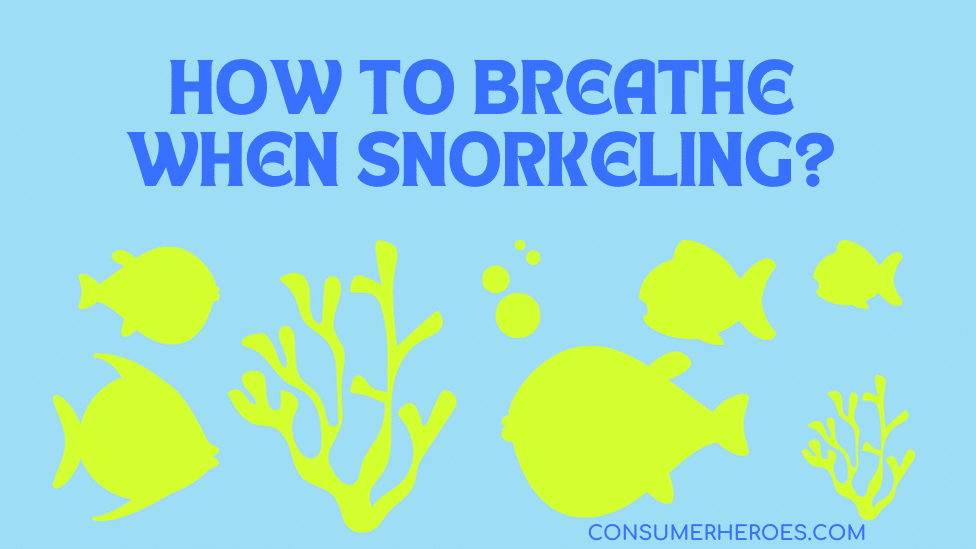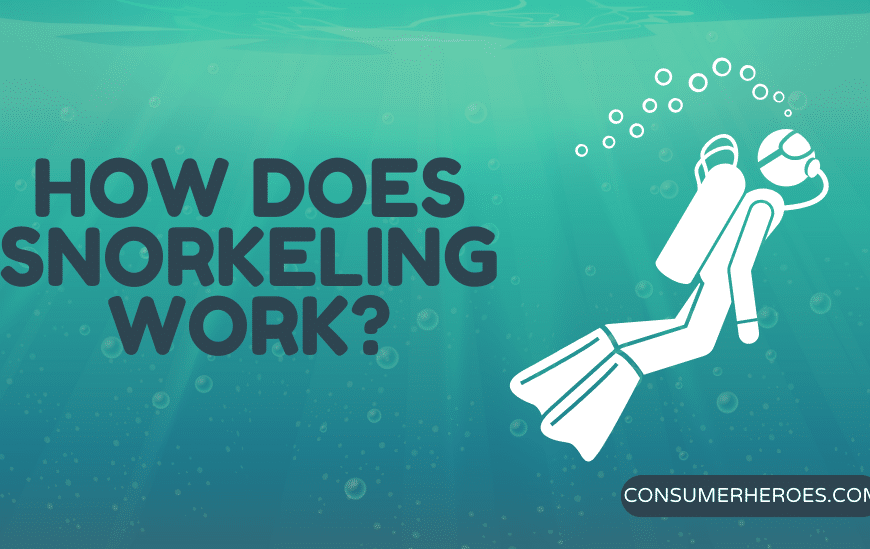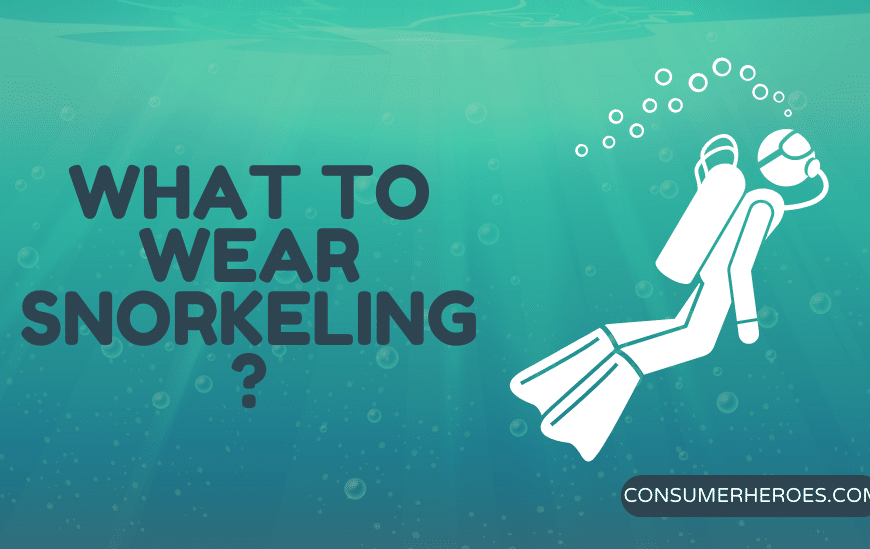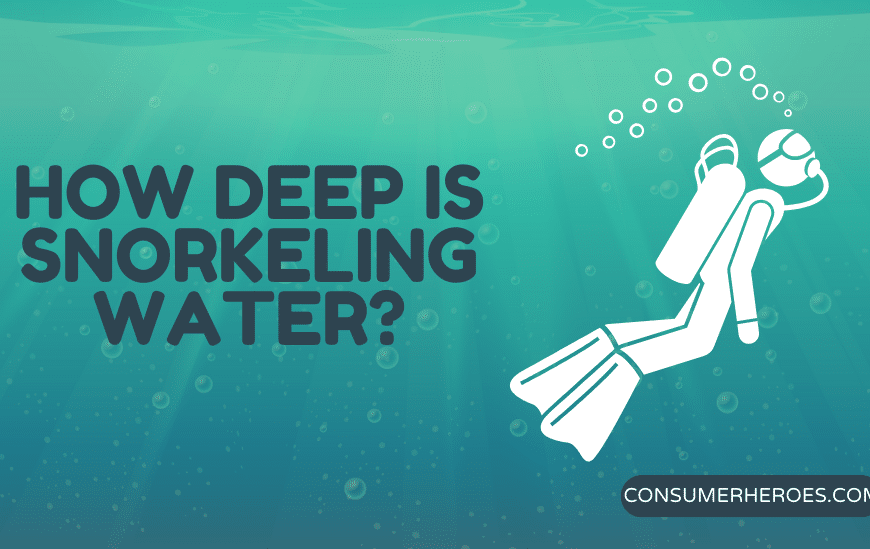Snorkeling is an activity that allows people to explore the underwater world without the need for scuba gear. It’s a popular pastime for many, especially those who live in coastal regions or are visiting tropical destinations. However, one question that often arises is whether or not a person needs to know how to swim in order to go snorkeling.
The short answer is no, a person doesn’t necessarily need to know how to swim to go snorkeling. Snorkeling involves floating on the surface of the water while wearing a snorkel mask and fins, allowing the person to see the underwater world. As long as the person is comfortable in the water and able to float, they can participate in snorkeling. However, it’s important to note that knowing how to swim can make the experience more enjoyable and safer.
Understanding Snorkeling
What is Snorkeling?
Snorkeling is an activity that involves swimming on the surface of the water while wearing a snorkel mask, a snorkel tube, and fins. It allows the snorkeler to observe the underwater world without having to hold their breath or use any complicated equipment. Snorkeling is a popular activity for people of all ages and skill levels, and it can be done in a variety of locations, including oceans, lakes, and rivers.
Equipment Required
To go snorkeling, there are a few essential pieces of equipment that are required:
- Snorkel Mask: A mask that covers the eyes and nose and allows the snorkeler to see underwater.
- Snorkel Tube: A tube that allows the snorkeler to breathe while their face is in the water.
- Fins: Fins help the snorkeler to move through the water more efficiently and comfortably.
Optional equipment includes a wetsuit, a buoyancy vest, and a weight belt. These items can help the snorkeler stay warm and comfortable in the water and maintain their position at the surface.
It is important to choose equipment that fits properly and is comfortable to wear. Ill-fitting equipment can cause discomfort and make it difficult to enjoy the experience. Snorkelers should also be aware of their surroundings and any potential hazards, such as strong currents or marine life.
Overall, snorkeling can be a fun and rewarding activity for anyone who wants to explore the underwater world. With the right equipment and a basic understanding of the activity, anyone can enjoy the beauty of the ocean, lake, or river.
Swimming Skills and Snorkeling
Importance of Swimming Skills
Swimming skills are an essential part of snorkeling. Snorkeling requires the ability to swim, as it involves being in open water and navigating currents, waves, and tides. Snorkelers must be able to swim comfortably and confidently to ensure their safety and enjoyment while exploring the underwater world.
Swimming skills also play a crucial role in snorkeling emergencies. If a snorkeler encounters a problem, such as getting caught in a current or losing their equipment, they need to be able to swim back to safety. Without proper swimming skills, snorkeling can be dangerous.
Can Non-Swimmers Snorkel?
Non-swimmers can still enjoy snorkeling, but they must take extra precautions and be accompanied by a guide or instructor. Many snorkeling tours offer flotation devices, such as life jackets or noodles, to help non-swimmers stay afloat. However, non-swimmers should be aware that these devices may hinder their ability to explore the underwater world fully.
It is recommended that non-swimmers take swimming lessons before attempting to snorkel. Swimming lessons can help build confidence and improve swimming skills, making snorkeling safer and more enjoyable.
In conclusion, swimming skills are essential for safe and enjoyable snorkeling. Non-swimmers can still participate in snorkeling but should take extra precautions and consider taking swimming lessons to improve their skills.
Safety Measures for Non-Swimmers
Snorkeling is a fun activity that can be enjoyed by people of all ages and abilities. However, for non-swimmers, snorkeling can be intimidating and potentially dangerous. It is important to take certain safety measures to ensure that non-swimmers can enjoy snorkeling without putting themselves at risk.
Use of Life Jackets
One of the most important safety measures for non-swimmers when snorkeling is the use of life jackets. A life jacket will keep a non-swimmer afloat, even if they accidentally inhale water or become tired. It is important to ensure that the life jacket fits well and is properly secured before entering the water.
Snorkeling with a Guide
Another important safety measure for non-swimmers when snorkeling is to snorkel with a guide. A guide can provide assistance and support to non-swimmers, helping them to feel more comfortable and confident in the water. A guide can also help to point out interesting marine life and ensure that non-swimmers do not venture too far from the group.
When snorkeling with a guide, it is important to follow their instructions and stay close to them at all times. Non-swimmers should also let their guide know if they are feeling uncomfortable or tired, so that the guide can provide assistance or take a break if necessary.
In conclusion, non-swimmers can enjoy snorkeling safely by taking certain safety measures. Using a life jacket and snorkeling with a guide can help non-swimmers to feel more comfortable and confident in the water, while also ensuring that they remain safe.
Benefits of Knowing How to Swim
Knowing how to swim is a valuable skill that can enhance one’s snorkeling experience in many ways. Here are some benefits of knowing how to swim when snorkeling:
1. Safety
Swimming skills can be crucial for safety when snorkeling. Snorkelers may encounter unexpected currents, waves, or underwater obstacles that require them to swim efficiently and effectively. Knowing how to swim can help snorkelers avoid dangerous situations and respond appropriately if an emergency arises.
2. Comfort and Confidence
Snorkeling can be an intimidating experience for some people, especially if they are not comfortable in the water. Knowing how to swim can increase a person’s comfort and confidence in the water, making the snorkeling experience more enjoyable. It can also help snorkelers conserve energy and reduce fatigue, allowing them to stay in the water longer and explore more.
3. Exploration
Knowing how to swim can open up more opportunities for exploration when snorkeling. Skilled swimmers can dive deeper, swim farther, and explore more challenging areas than those who are less confident in the water. This can lead to more exciting and rewarding snorkeling experiences.
4. Fitness
Swimming is a great form of exercise that can improve cardiovascular health, muscle tone, and overall fitness. Incorporating swimming into a snorkeling excursion can provide an additional workout and make the experience more beneficial for one’s health.
In summary, knowing how to swim can greatly enhance a snorkeling experience by improving safety, comfort, exploration opportunities, and fitness.
Conclusion
In conclusion, snorkeling is a fun and exciting activity that can be enjoyed by individuals of all swimming abilities. While it is not necessary to be an expert swimmer to go snorkeling, it is important to have a basic understanding of swimming techniques and to be comfortable in the water.
There are a variety of snorkeling locations available, ranging from shallow waters to deeper areas. It is important to choose a location that is appropriate for your skill level and to always snorkel with a buddy.
Additionally, it is important to have the proper equipment when snorkeling, including a properly fitting mask, snorkel, and fins. It is also recommended to wear a life jacket, especially for those who are not strong swimmers.
Overall, with the right preparation and precautions, anyone can enjoy the beauty of the underwater world through snorkeling.







